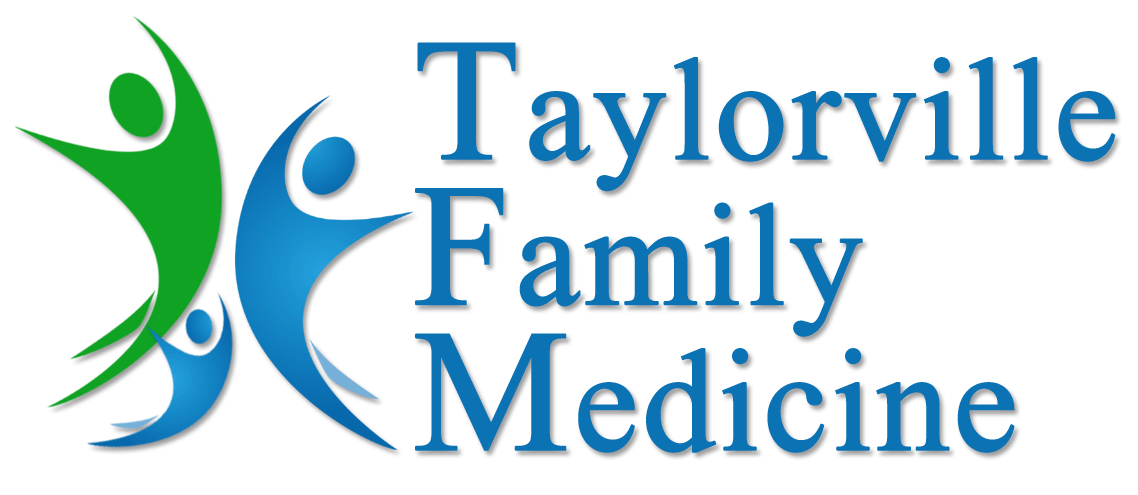My OBGYN Covers My Health—Right?
- jabbywang

- Mar 31
- 2 min read

For years, Jessica thought her yearly appointment with her OB-GYN was enough to stay on top of her health. She had regular Pap smears, birth control check-ins, and even discussed some basic health concerns during visits.
Then, during a wellness event at work, she had her blood pressure checked—it was dangerously high. No one had ever tested it at her OB-GYN appointments. Concerned, she followed up with a primary care physician, who discovered she had early signs of hypertension and prediabetes. Had she waited longer, she could have been at risk for heart disease or stroke.
Jessica’s story is common. Many women assume their OB-GYN handles all aspects of their health, but in reality, there are major gaps in care when a primary care doctor isn’t part of the picture.
What an OB-GYN Covers vs. What They Don’t
OB-GYNs specialize in reproductive health, which is critical, but they’re not trained to manage all aspects of your well-being. Here’s what they typically cover:
Pap smears & cervical cancer screenings
Birth control & pregnancy care
Menopause & hormone management
However, there’s a lot they don’t monitor, including:
Heart health & blood pressure screenings (Heart disease is the #1 killer of women)
Diabetes screening & management
Thyroid disorders (which affect 1 in 8 women)
Chronic pain & autoimmune conditions
Mental health & anxiety/depression management
The Hidden Risks of Not Having a Primary Care Doctor
Women who only see their OB-GYN may be missing critical early warning signs of serious conditions.
Heart Disease – Women often experience silent symptoms of heart disease, and many OB-GYNs don’t screen for cardiovascular risk factors.
Diabetes & Metabolic Disorders – Women with conditions like PCOS are at a higher risk for diabetes, yet only a primary care doctor will regularly monitor your glucose levels.
Mental Health Care – Anxiety and depression impact twice as many women as men, yet OB-GYN visits don’t typically include mental health screenings or treatment plans.
Bone Health & Preventative Screenings – Osteoporosis, vitamin deficiencies, and even some cancers are best caught early with routine primary care check-ups.
Why You Need Both an OB-GYN and a PCP
Seeing an OB-GYN is important, but they don’t replace a primary care doctor. A PCP acts as your healthcare quarterback, making sure all aspects of your well-being are covered—not just your reproductive health.
A full-body approach to women’s health – Your PCP looks at the whole picture, from blood pressure to cholesterol to mental wellness.
Preventative care that saves lives – Routine screenings catch silent killers like high blood pressure and diabetes before they cause serious harm.
Better coordination between specialists – If your OB-GYN identifies a health issue beyond their expertise, a PCP can coordinate referrals and ensure follow-ups happen.
Your Health Deserves More Than a Once-a-Year Check-In
If you’ve been relying only on your OB-GYN for care, it’s time to add a primary care doctor to your team. The best way to stay healthy is to take a comprehensive approach to your well-being.
Apply to become a new patient today!




Comments